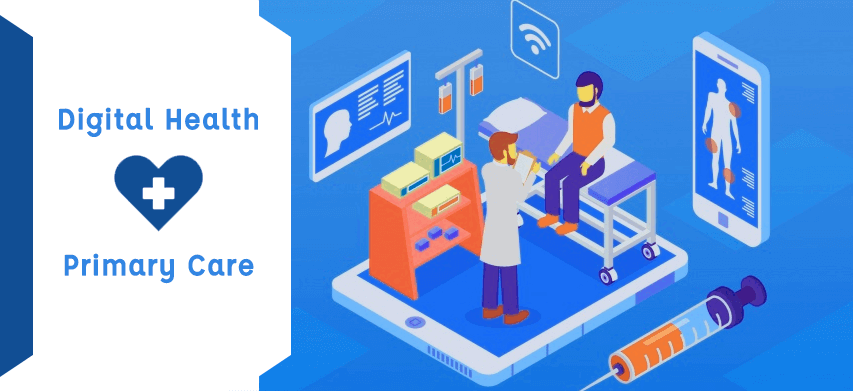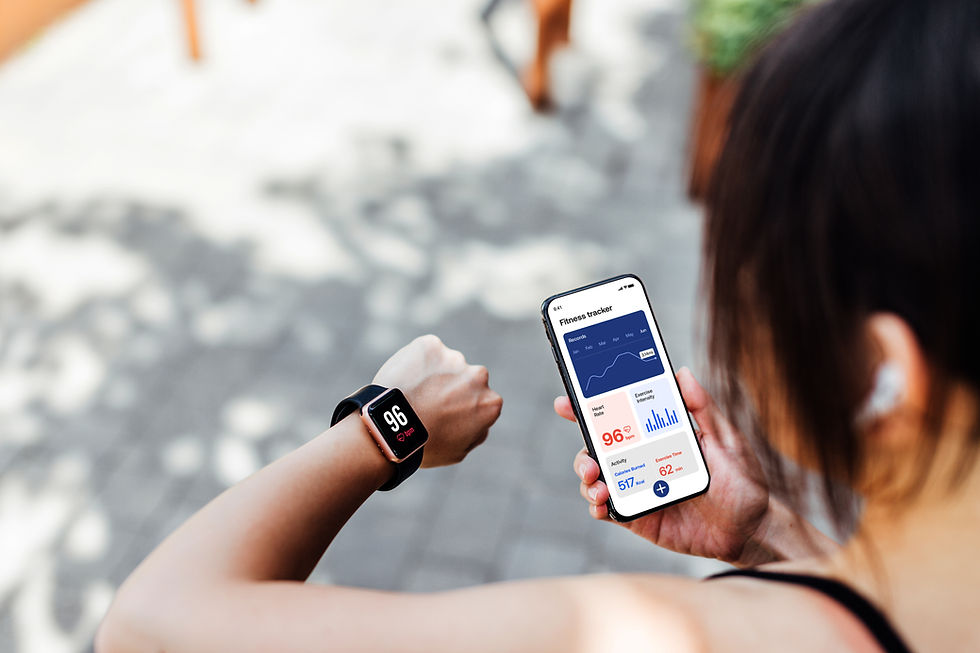How Digital Health Tools are Revolutionizing Chronic Disease Management in Primary Care
- Prashant Kulshrestha
- Oct 4, 2024
- 2 min read
Chronic diseases impact millions of individuals worldwide, requiring ongoing management and monitoring to maintain optimal health. In primary care settings, healthcare professionals are constantly seeking innovative solutions to enhance patient care and outcomes. Enter digital health tools - the game-changer in chronic disease management. From remote monitoring to personalized care plans, these tools are reshaping the landscape of healthcare delivery.
The Rise of Digital Health Tools
Digital health tools encompass a wide array of technologies designed to support patients and healthcare providers in managing chronic conditions efficiently. These tools leverage the power of data analytics, telehealth platforms, wearables, and mobile applications to streamline communication, monitor vital signs, and track treatment progress.
Remote Patient Monitoring
One of the key benefits of digital health tools is remote patient monitoring. Through wearable devices and smart sensors, patients can now track their blood pressure, blood glucose levels, and other vital parameters in real-time. Healthcare providers can remotely access this data, enabling timely interventions and adjustments to treatment plans, reducing the need for frequent in-person visits.

Personalized Care Plans
With the advent of digital health tools, healthcare professionals can create personalized care plans tailored to each patient's specific needs. AI-driven algorithms analyze patient data to generate insights that guide treatment decisions. Patients receive customized recommendations on medication adherence, lifestyle modifications, and symptom management, empowering them to take an active role in their health journey.
Impact on Patient Care
The integration of digital health tools in primary care has brought about a paradigm shift in chronic disease management, benefiting both patients and healthcare providers. Here's how:
Improved Patient Engagement : Digital tools enable seamless communication between patients and providers, enhancing engagement and promoting self-management.
Enhanced Monitoring : Real-time data collection allows for continuous monitoring, early detection of complications, and proactive intervention, improving health outcomes.
Efficient Resource Utilization : Remote consultations and monitoring optimize resource allocation, reducing healthcare costs and minimizing unnecessary hospital visits.

Future Trends and Considerations
As technology continues to evolve, the future of digital health tools in chronic disease management is promising. Innovations such as AI-driven diagnostics, predictive analytics, and virtual health coaching are set to transform the way chronic conditions are managed in primary care settings. However, it is essential to address concerns regarding data privacy, interoperability, and access to care to ensure equitable and widespread adoption of these tools.
In conclusion, the increasing adoption of digital health tools in primary care is ushering in a new era of patient-centered, data-driven healthcare. By leveraging these technologies, healthcare providers can deliver personalized, effective care to patients with chronic diseases, ultimately improving health outcomes and enhancing quality of life.
Stay tuned for more insights on the transformative power of digital health tools in revolutionizing healthcare delivery!







Comments